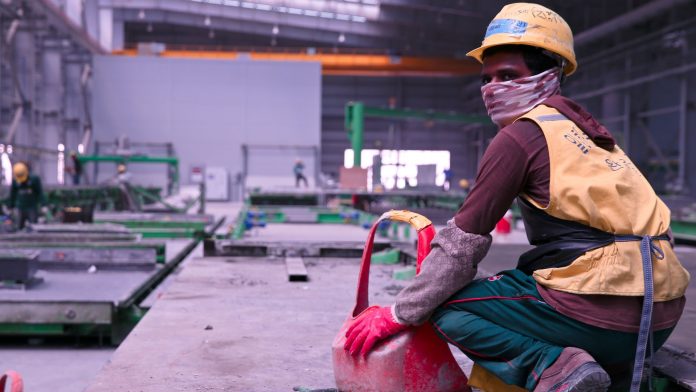
The European Commission is taking another vital step in the protection of workers in the European Union from cancer-causing chemicals and other health problems.
The commission has proposed to limit workers’ exposure to five cancer-causing chemicals, along with the 21 substances that have already been limited or proposed to be limited.
Estimates have shown that this recent proposal would improve working conditions for over one million EU workers and prevent over 22,000 cases of work-related illnesses.
Creating a healthier and safer workplace
Marianne Thyssen, commissioner for employment, social affairs, skills and labour mobility, said: “Today, the commission has taken another important step towards fighting work-related cancer and other relevant health problems on the work floor.
“We propose to limit workers’ exposure to five additional cancer-causing chemicals. This will improve protection for over one million workers in Europe and help create a healthier and safer workplace, which is a core principle of the European Pillar of Social Rights.”
Exposure limit values
The commission has proposed to include new exposure limit values for five chemicals in the carcinogens and mutagens directive.
These limit values set a maximum concentration for the presence of a cancer-causing chemical in the workplace air.
Below are the five carcinogens of high relevance:
- Cadmium and its inorganic compounds;
- Beryllium and inorganic beryllium compounds;
- Arsenic acid and its salts, as well as inorganic arsenic compounds;
- Formaldehyde; and
- 4,4′-Methylene-bis(2-chloroaniline) (MOCA).
The first three carcinogens listed above are predominantly used in laboratories, electronics, chemicals, construction, healthcare, plastics, and recycling.
Having a positive impact on worker health
By implementing these measures to prevent high exposures, it will have a positive impact to a much broader scale than cancer prevention alone.
Not only will it lead to fewer cases of work-related cancer, but it will also limit other important health problems caused by carcinogenic and mutagenic substances. For example, exposure to beryllium, in addition to lung cancer, also causes incurable chronic beryllium disease.
The proposal will lead to a more efficient system of workers’ health protection, as well as improved fairness in the Single Market.
Source: European Commission









